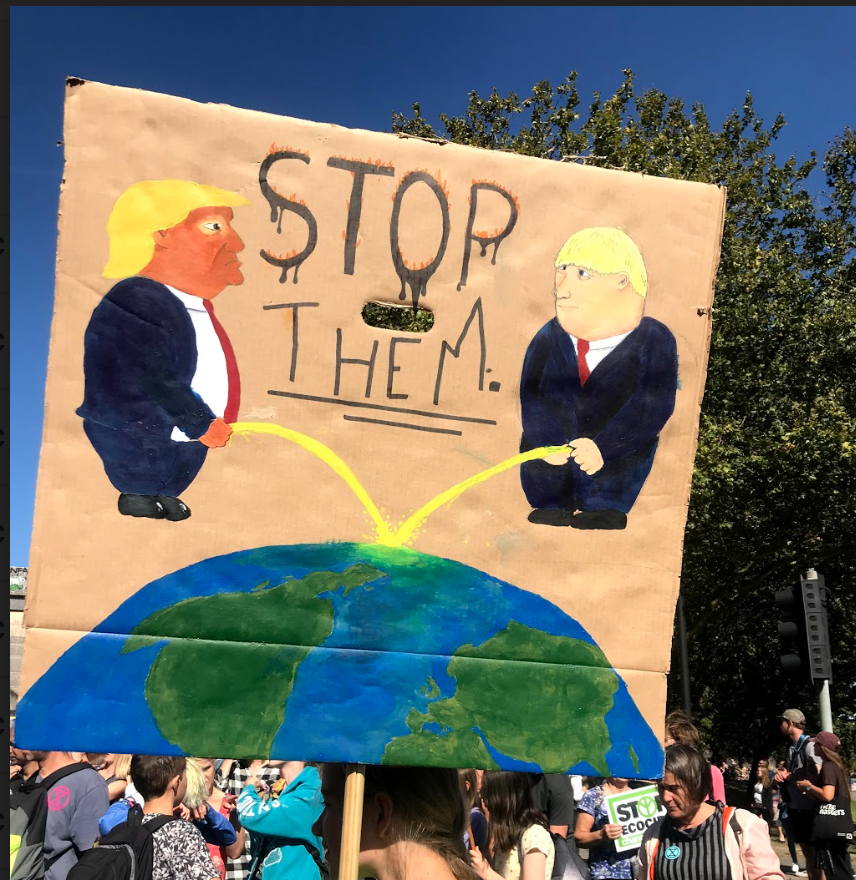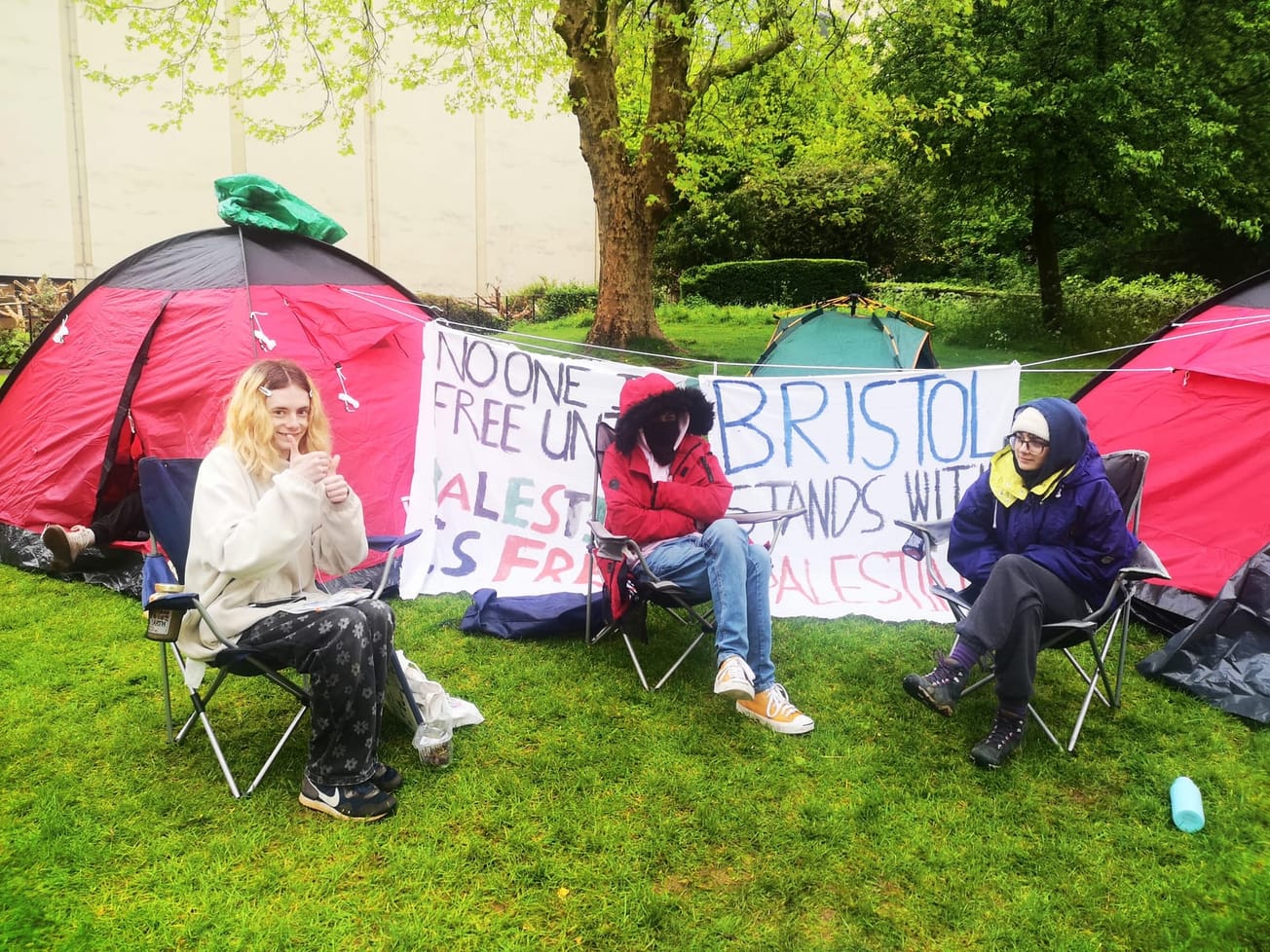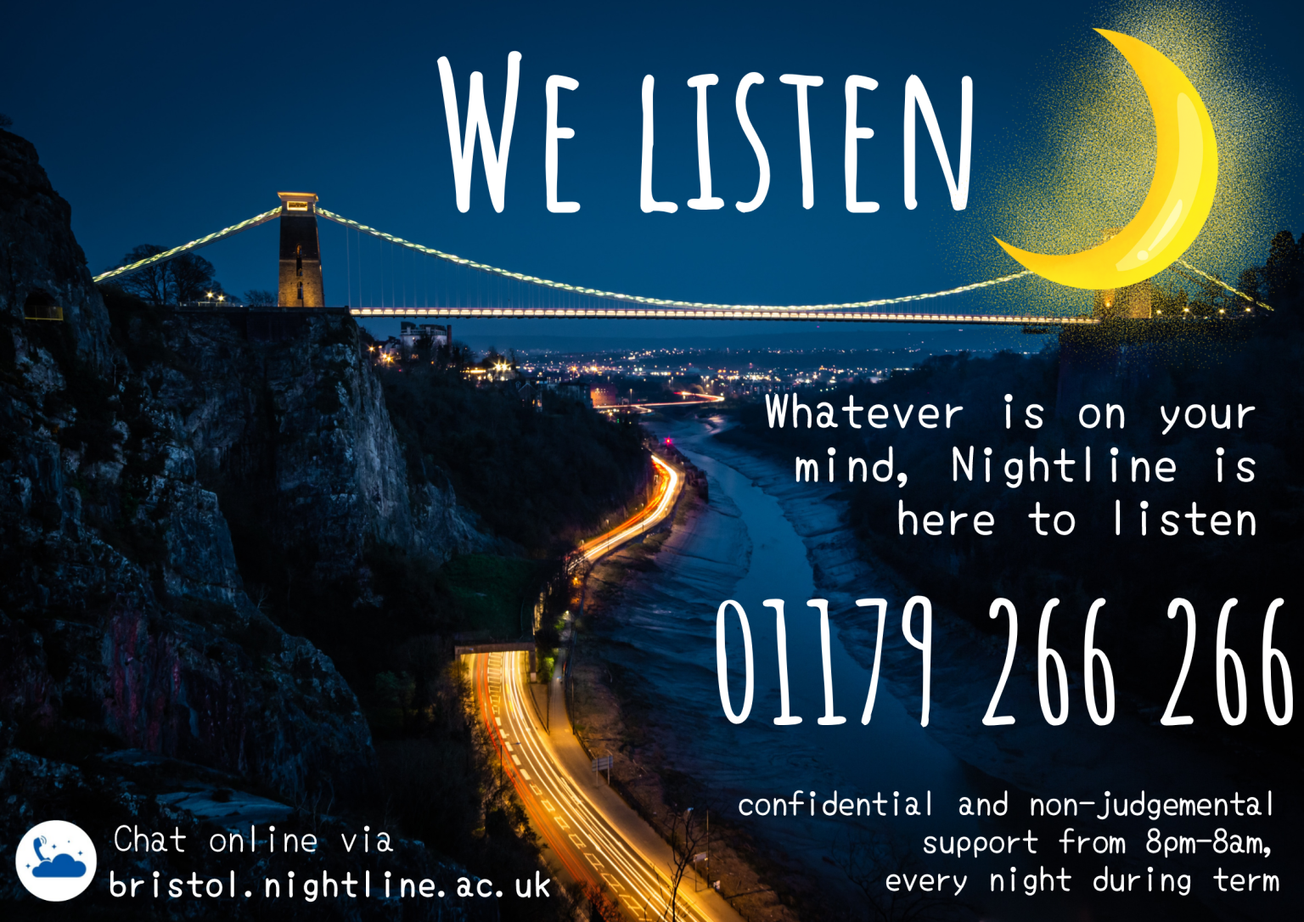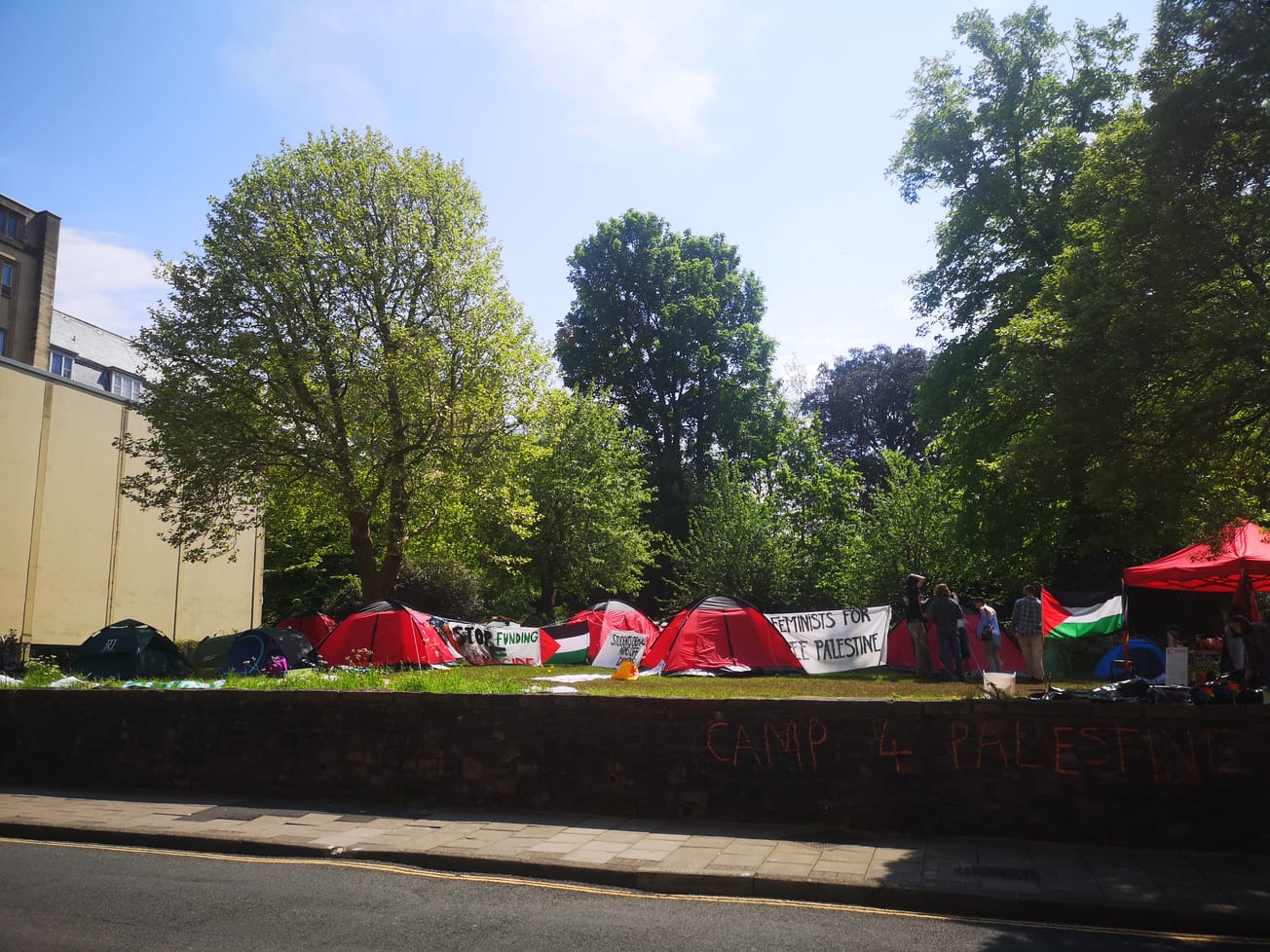By Euan Merrilees, Second Year, Philosophy
Forget protesting our extinction, volunteering abroad, or even eating the rich. The fast track to save the world lies in us smart, young, idealistic folk finding jobs that will make us filthy rich.
You may be thinking: ‘Hang on there, since when has greed ever been a good thing for the world?’ I admit, this is very different from what you’re told in the Bristol student save-the-world starter pack. Vote greens, vote reds. Eat your greens, not your reds. Out with Tories, the bankers, and the filthy rich. In with rebelling, activism, and protests, protests, protests!

Here’s an inconvenient truth: making money is the first step in saving the world.
Before I tell you why, I must make a few clarifications. Greta Thunberg is a bloody hero. Unless you’re a hardcore climate denier (in which case I have nothing to say to you,) the 16-year-old girl who spends her free time destroying world leaders with facts and logic should be nothing less than an inspiration. While I slandered activism in the last paragraph, it’s true that lobbying governments for change is both necessary and good.
However, being good and green is popular. We already have thousands of people willing to blockade the streets of London for two weeks and spend £1,000,000 doing it. But is spending £1,000,000 to inconvenience commuters and block emergency services really the best way you can help the world? £1,000,000 could instead be invested into green energy. Alternatively, if you gave that kind of money away to the Against Malaria Foundation, you could save nearly 300 lives.

Money opens up the world to you. However, the flip side is that money opens you up to the world. In other words, money allows you to make the change that you want to make in the world. It shouldn’t be a surprise that the people who’ve done the most to save the world have also been some of the richest. Yellow fever vaccination was made possible by John D. Rockefeller. Africa has been polio-free for two years. Who do we thank? Bill and Melinda Gates, and Warren Buffet. Even Amazon and the evilJeff Bezos are doubling down on renewable energy.
However, not everyone is going to be a billionaire, so how do we students make a difference? Protest? Heck no. Not all of us can have the impact of young Greta. We have plenty of people protesting, we need more people pledging. Really want to make a difference? Active activsim is the only option. Lead by example. Instead of telling others to fix a problem, start fixing it yourself.

Don’t spend your Saturdays at College Green yelling about wealth inequality, get a part time job and use the money to help fight poverty. Can’t get a job? Create a spreadsheet for your finances and see which little bits you can afford to give away. As I look back on the sentence I just wrote, maybe I don’t need to spend two quid indulging in a cappuccino at Caffè Nero. It’d be better if I gave that money to a charity. Wonderful websites like The Life You Can Save show us how to be effective altruists by making an impact by giving to the charities that make a big difference.
Alternatively you don’t even have to give your money away to make a positive impact in the world. Take the money you earn now or in your first jobs, and invest ethically. Put money into TRIG, a fund investing in renewable energy, and help build wind turbines and solar panels. Sell your shares in ten years and see what good you can do with your money.

If you take anything away from this article, I want it to be the fact that we can make a meaningful difference in the world with our lives. Us youthful, bright, hopeful people are perhaps in the best position to lead change in the world. The website 80,000 hours offers us advice on how we can solve the world’s problems with our careers. Its general rule can be summarised as this: Want to end poverty and save the world? Earn money, and give it generously.
Is cold hard cash the best solution to the climate crisis?









